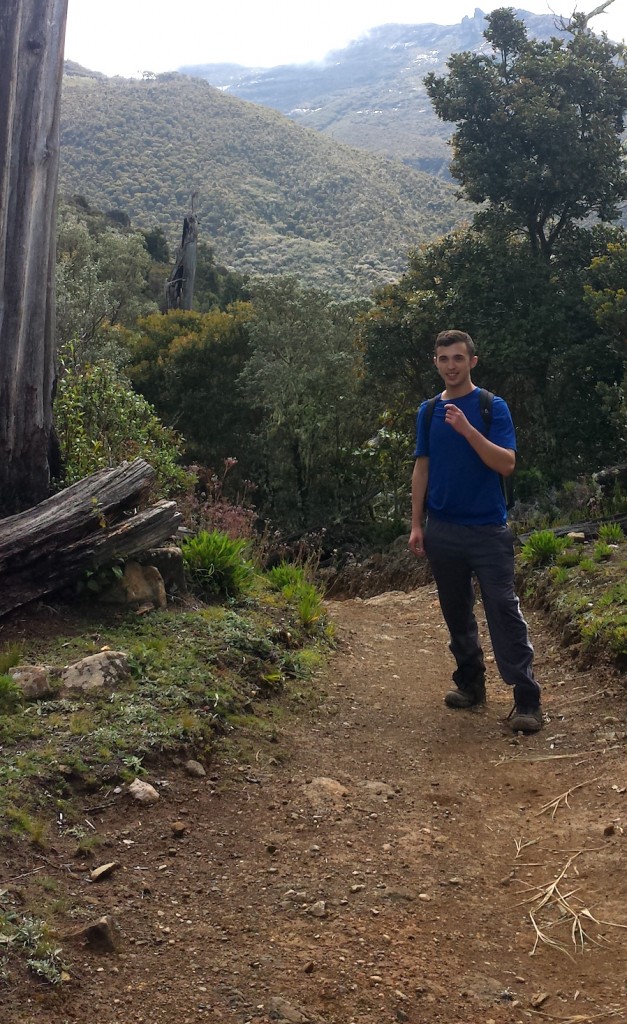 During this past summer, I participated in a study-abroad program in San Jose, Costa Rica where I studied Spanish and explored the local culture. I conducted research at the Archivo Nacional (National Archives) in San Jose, Costa Rica, sponsored by BGSU’s Center of Undergraduate Research and Scholarship. The primary focus of my research concerned the racial inequality in the New Spain army during the eighteenth century. The research required reviewing historic military recruitment records at the Archivo Nacional called filiaciones.
During this past summer, I participated in a study-abroad program in San Jose, Costa Rica where I studied Spanish and explored the local culture. I conducted research at the Archivo Nacional (National Archives) in San Jose, Costa Rica, sponsored by BGSU’s Center of Undergraduate Research and Scholarship. The primary focus of my research concerned the racial inequality in the New Spain army during the eighteenth century. The research required reviewing historic military recruitment records at the Archivo Nacional called filiaciones.
Before arriving in Costa Rica I had two concerns. First, I was not confident that the archives would have the military records I required. Second, reading and interpreting the historic records would be difficult since my Spanish is not very strong. I have found that as a researcher, there are times when you’re lucky, and other times unlucky. Fortunately, in this case, I was lucky that the support staff at the Archivo Nacional spoke fluent English and was very helpful. The Archivo Nacional retained and made available to me nearly two hundred individual soldier filiaciones. The records that I analyzed were over three hundred years old. I spent several days at the national archives reviewing the documents, and collecting and analyzing the data.
For anyone who has considered conducting research at a foreign archive, I would highly recommend it. The administrators and staff at the Archivo Nacional de Costa Rica were anxious to share their history with me, especially as it related to my academic research project. Not only did I learn a lot inside the Archivo Nacional but also I learned a lot outside of the archives by simply talking to the Costa Ricans. My advice for history students is to explore the world and learn different types of history from different sources. Each country holds their own history, and it is up to you to explore it.
Matthew Wright (History senior). Edited by Nicole Farley (History senior)
